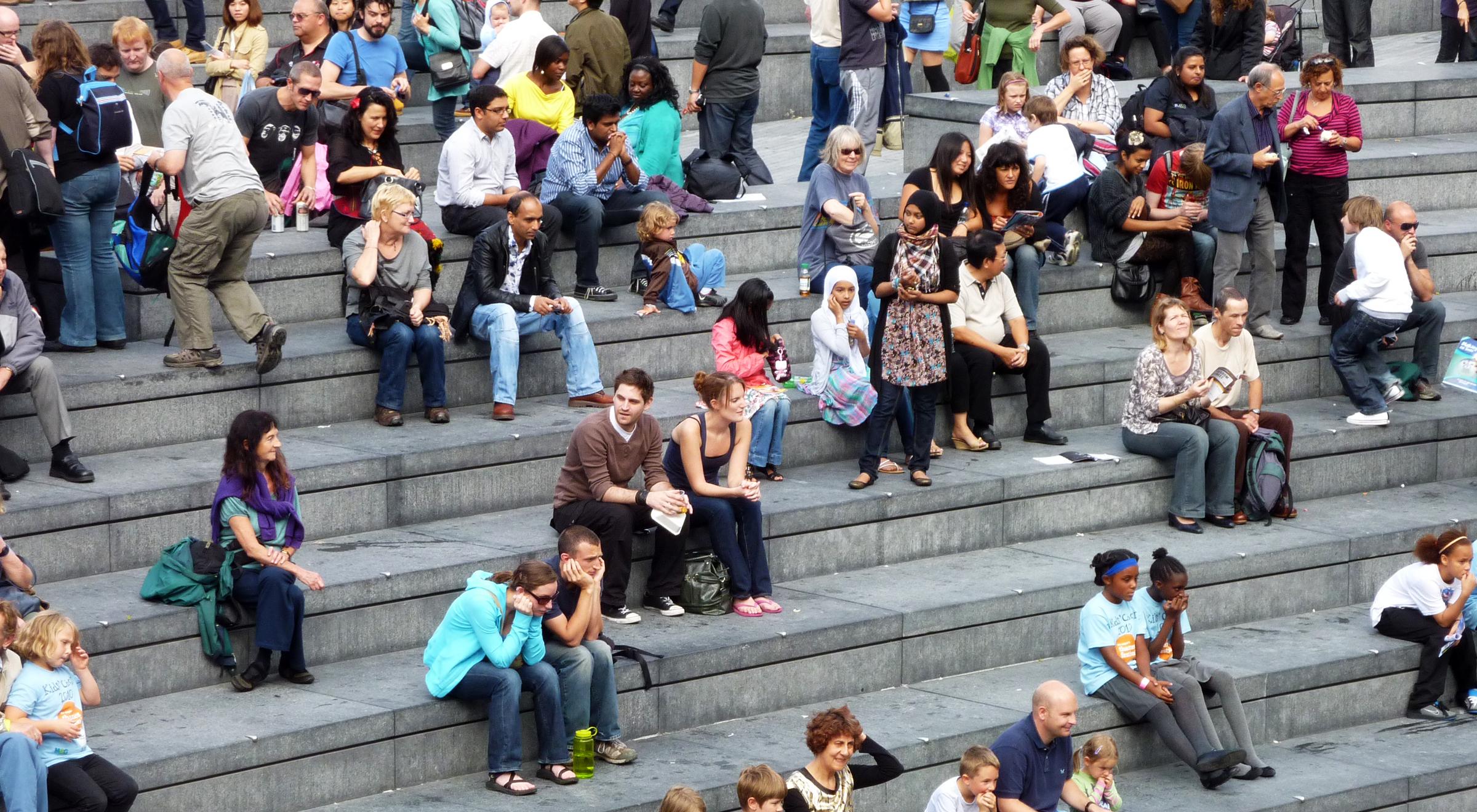
More women and men are living on the edge of poverty and social exclusion today compared to 2010, according to a new study by the European Institute for Gender Equality (EIGE). Young people, lone parents, migrants, people with disabilities and families with three or more children are most at risk of poverty.
Today, almost 23 million children in the EU grow up in poverty. There is also clear evidence that a heavy dependence on a father’s income in many families increases the risk of poverty and insecurity. Especially when unexpected life events occur, such as job loss, family break-up, serious illness or even death. The study shows that if a father were to lose his job, 70 % of couples with children would fall into poverty.
“We need to ensure better career options for women, fair wages and better social systems, such as pension schemes that consider the different needs and challenges women and men face. These will help protect not only women against poverty, but also the whole family, including men and children”, said Virginija Langbakk, EIGE’s Director.
Employment is crucial in safeguarding people against poverty, however a job is not always enough. A third (36 %) of men and a quarter (25 %) of women who are poor are employed. Many working men live in poor households because their wives or partners are out of the labour market or earn very low income.
Women with children have a relatively low employment rate. Only half (55 %) of women with three or more children have a job. With the arrival of each additional child, the economic independence of women shrinks. The need to care for children, parents or sick and disabled relatives keeps many women out of paid work and this has life-long consequences for their career, financial situation and ultimately on pensions.
‘In an inclusive society, people’s well-being and life chances should not be pre-determined by their gender or other social factors. Nor should children create a poverty risk’ said Virginija Langbakk.
Read the fact sheet on poverty, gender and lone parents
Who is at risk in the EU?
Some people face a higher risk of poverty than others. Factors like gender, age, ethnicity, migrant background, disability or type of household can affect a person’s vulnerability to poverty and social exclusion.
Lone parents: Almost half of all lone parents are poor and women are particularly affected as they make up 85 % of all one-parent families in the EU.
Disability: Just under a third of women (31 %) and men (29 %) with disabilities are at risk of poverty and social exclusion in the EU (2014). Women and men with disabilities face different barriers in life. More women experience obstacles to mobility, accessing transport and buildings.
Age: Young people are most affected by poverty and social exclusion in Europe, especially when they are no longer living with their parents. While young women and men face a very similar risk of poverty, older women (+75 years) are at much higher risk than older men. Women are clearly paying the price of gender inequalities at an older age.
Migrant background: Migrants face a higher risk of poverty than the native-born population. 41 % of women and 39 % of men born in a non-EU country were at risk of poverty or social exclusion in 2014. There is a very large gender gap in the inactivity of women and men born outside the EU (39 % of women and 20 % of men were inactive in 2014).
Roma: Nine out of ten Roma women and men are poor and the situation is especially hard for Roma women. In 2011, nearly 35 % of Roma men were in employment compared to nearly 21 % of Roma women.
The report ‘Poverty, gender and intersecting inequalities in the EU’ was prepared at the request of the Slovak Presidency of the Council of the EU (2016). This report is part of EIGE's regular work to monitor progress in the implementation of the Beijing Platform for Action.
For more information please contact:
Marre Karu, Researcher: marre.karu@eige.europa.eu
Monika Laurinaviciute, Stakeholder relations: monika.laurinaviciute@eige.europa.eu